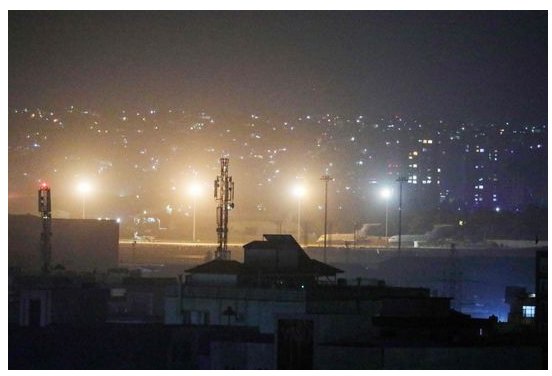The Never-Ending Afghanistan War
http://whitenationalist.org/forum/sh...9997#post19997
http://christian-identity.net/forum/...9997#post19997
http://whitenationalist.org/forum/sh...9997#post19997
The Mighty Evil ZOG/Babylon started a war in Afghanistan.
Eventually ZOG will lose but it will stay there until such time as it gets its ass whupped and is driven out.
This is the Afghanistan War Thread.
Hail Victory !!!
Pastor Martin Lindstedt
Church of Jesus Christ Christian / Aryan Nations of Missouri
http://whitenationalist.org/forum/sh...9997#post19997
http://christian-identity.net/forum/...9997#post19997
http://whitenationalist.org/forum/sh...9997#post19997
The Mighty Evil ZOG/Babylon started a war in Afghanistan.
Eventually ZOG will lose but it will stay there until such time as it gets its ass whupped and is driven out.
This is the Afghanistan War Thread.
Hail Victory !!!
Pastor Martin Lindstedt
Church of Jesus Christ Christian / Aryan Nations of Missouri









Comment